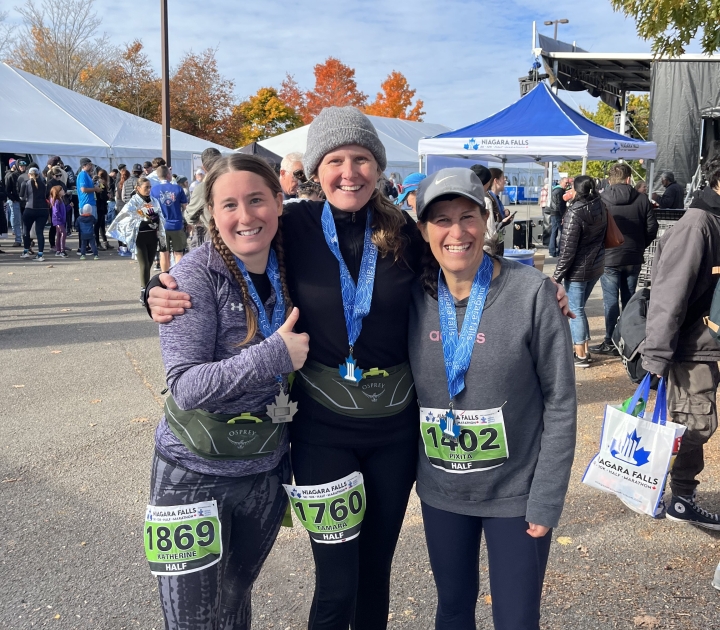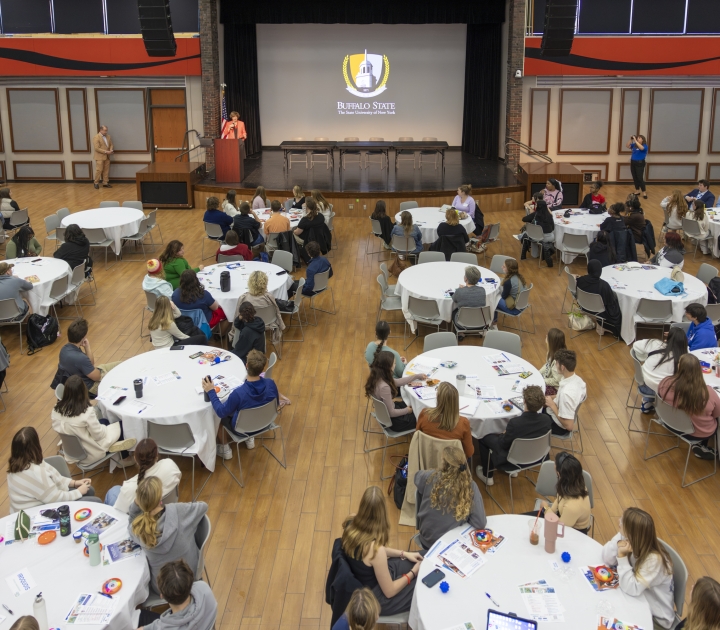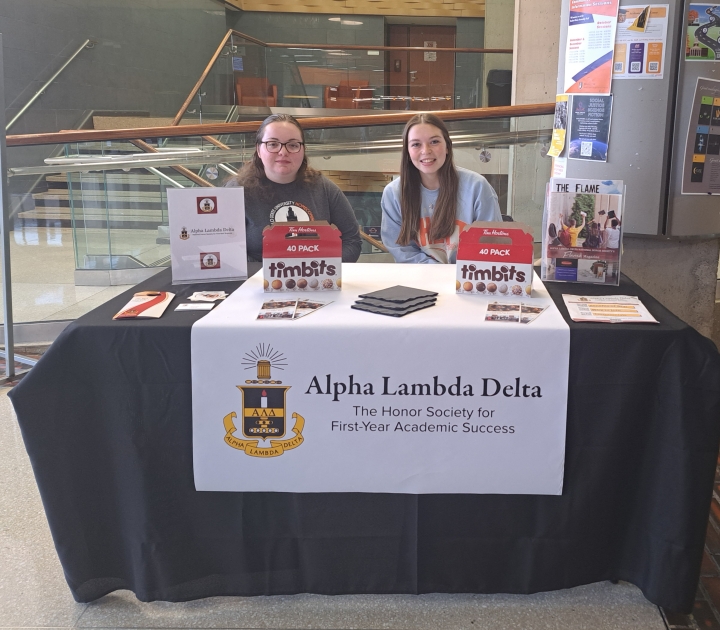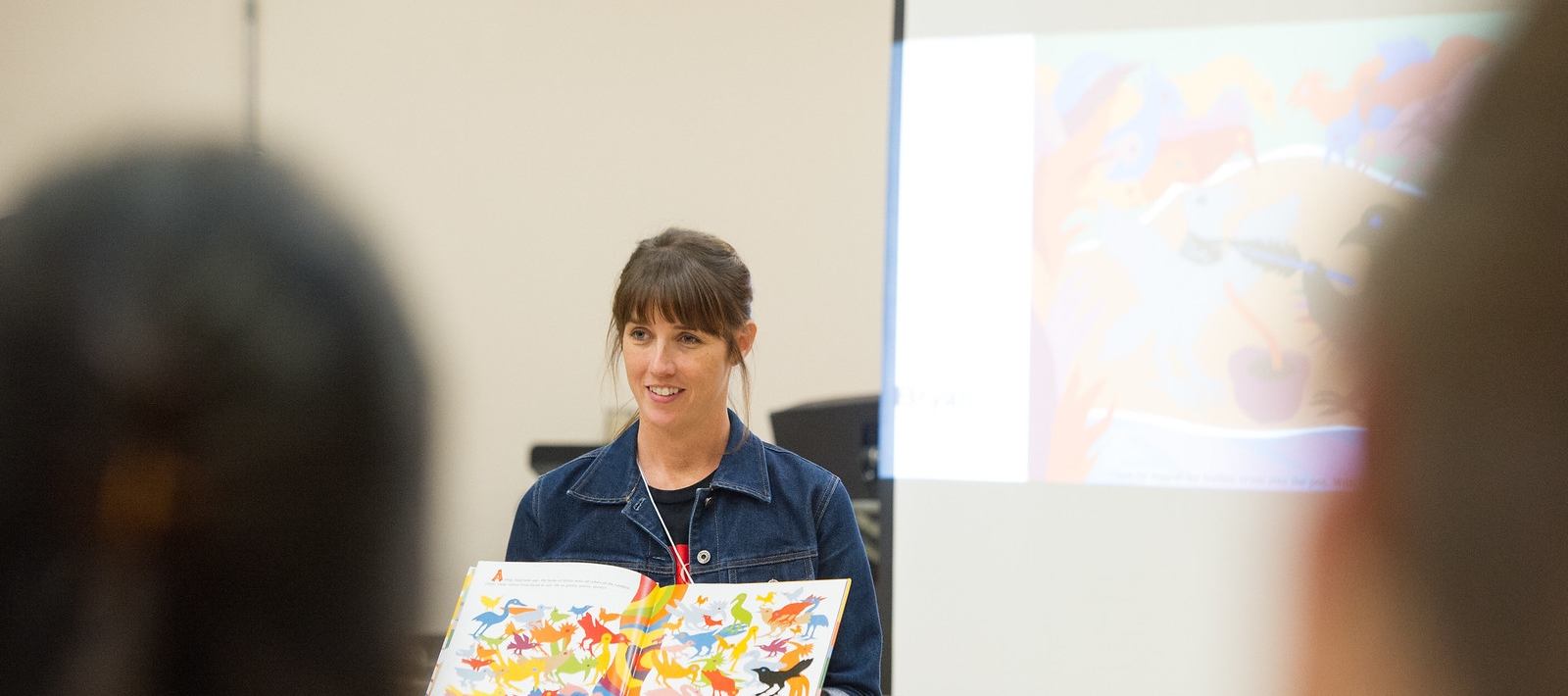
About Childhood Education Initial Teaching Certification (Grades 1-6)
For more than 150 years, Buffalo State has dedicated its research, scholarship, and community service toward educating the kind of elementary school teachers that students remember their whole lives, the kind of teacher who makes an impact on their growth and development.
This program is designed for students who earned an undergraduate degree in one of the liberal arts and sciences and now want to pursue a career as an elementary school teacher. It leads to a master of science in education and once you complete it, you’re eligible to apply for initial certification in childhood education from the New York State Department of Education.
Certification, which enables its graduates to teach grades one through six, has received accreditation from the National Council for the Accreditation of Teacher Education (NCATE) since its inception in 1954.
Childhood Education (Grades 1-6), B.S.
Childhood Education Initial Teaching Certification (Grades 1-6) M.S.Ed.
Degree Information
When you leave Buffalo State with a childhood education certificate and master’s degree, you’ll have the opportunity to not only step into great classroom positions, but also to a rich lifelong career. Our graduates have found much-loved careers in public, private, and charter elementary schools across the globe.
Nationally, employment of elementary school teachers is projected to grow at a steady pace between now and 2028, according to the U.S. Bureau of Labor Statistics. Teacher shortages in New York City, Texas, and other states in the Southwest mean that successful teacher candidates willing to travel have their choice of positions. Locally, our graduates are teaching throughout Western New York schools; many eventually move into positions of school and district leadership.
If you eventually decide that classroom teaching is not for you, there are plenty of alternative career options for professionals possessing a master’s degree in childhood education, including:
- Adoption Agency/Foster Care Administrator
- Afterschool Activities Director
- Childcare Center Manager/Director
- Curriculum Developer/Researcher
- Home-based Tutor
- Nonprofit Youth Services Worker
- Park/Community Center Youth Activities Coordinator
- Policy Development Specialist with Federal, State, or Local Government Organization
- Youth Athletics Coach
- Youth Leader at a Religious Organization
As a graduate student, you’ll have many opportunities to participate in clubs and activities outside the classroom. Opportunities for childhood and early education undergraduate and graduate students include but are not limited to:
- Elementary Education Club: Enables education students to socialize and organize volunteer and service-learning activities in the Buffalo area.
- Global Book Hour: Student-facilitated program provides weekly book-focused sessions integrating geography, arts, and healthy eating for local children.
- Kappa Delta Pi: The international honor society is a prestigious organization dedicated to scholarship and excellence in education.
- Future Teachers Club: This club brings together students from all education departments who come together in a fun and collaborative way.
- TeachLivE™: This virtual-reality classroom provides teachers the opportunity to develop their pedagogical practice in a safe environment that doesn’t place real students at risk.
- Service-Learning: Under the tutelage of Buffalo State faculty and staff, service-learning initiatives are available through many organizations located on Buffalo’s West Side.
The two-year program is clinically rich with carefully designed field experiences that culminate in one full semester of student teaching.
Students in the certificate program have the opportunity to complete field work. Students spend 45 hours each teaching both mathematics and language arts in the elementary classroom.
The graduate program culminates with a master’s project. These are semester-long projects that require research on aspects of elementary education, such as teaching diverse learners.
Stellar Reputation
All of Buffalo State’s education programs have received awards from the National Association of Professional Development Schools for outstanding work in collaborating with school partners to provide exemplary teacher preparation programs.
National Accreditation
The Childhood Education Initial Teaching Certification Program is accredited by the Council for the Accreditation of Educator Preparation. You will earn a master’s degree from a nationally accredited program.
Small Class Size
Classes typically have between 12 and 25 students; the field-based courses have a maximum class size of 15, which means plenty of individualized attention from professors.
Great Location
Our education majors study in the second largest city in the state with opportunities to work closely with schoolchildren in urban, suburban, and rural settings.
Time Management
Candidates who are working full-time as teacher assistants in grades one through six can request to complete field experience at their work sites.
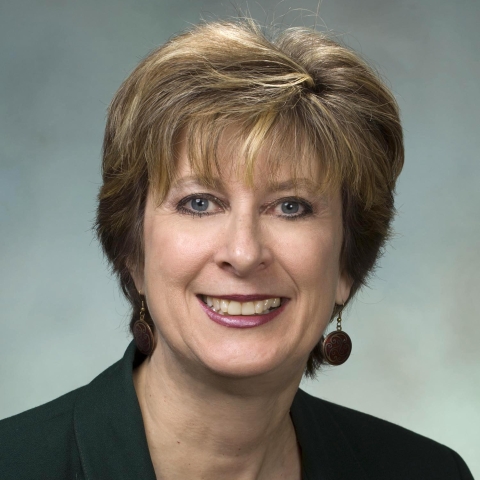
“I’d always heard if you want to be a teacher, Buffalo State is the place to go.”
“What attracted me to Buffalo State was its stellar reputation for preparing teachers for the classroom and its option to earn a master’s degree and teaching certificate at the same time. That was huge for me.”

